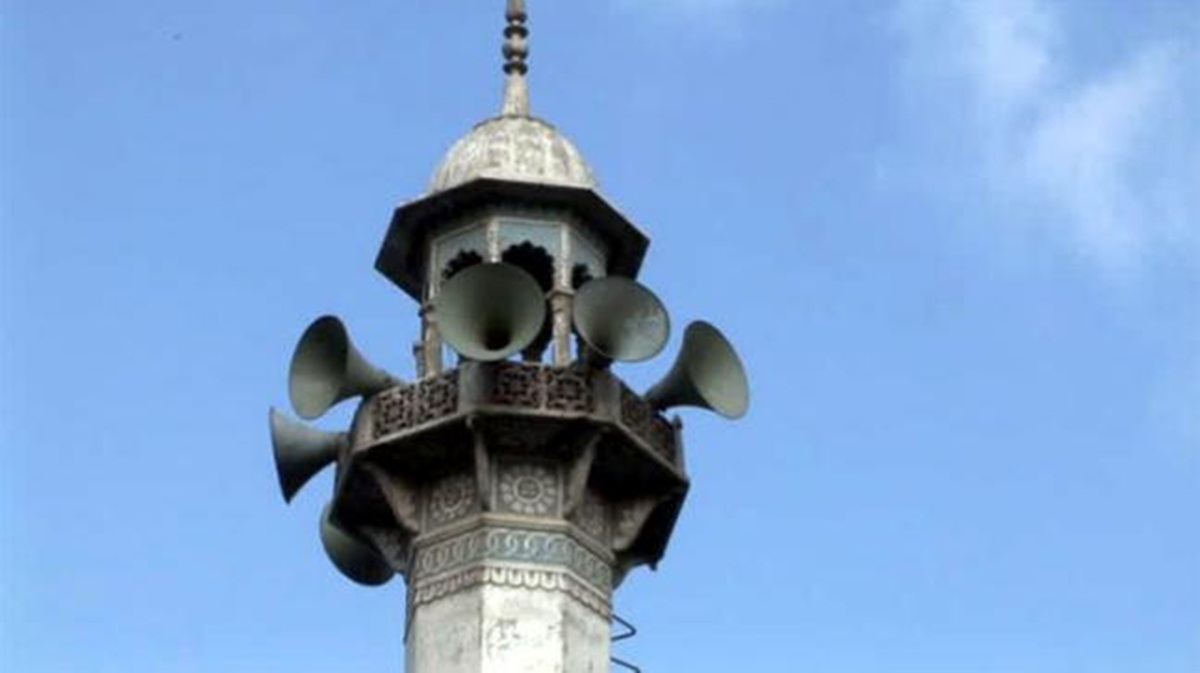Tensions have escalated at Udai Pratap College in Varanasi following a protest by students demanding the removal of a mosque situated within the college campus. The protest was triggered by the resurfacing of a claim from the Uttar Pradesh Waqf Board, which asserts ownership of the land on which the mosque stands.
On Friday, hundreds of students gathered at the gates of the college, chanting “Jai Shri Ram” and waving saffron flags. The protesters attempted to enter the campus but were stopped by a heavy police presence. Student leader Vivekanand Singh voiced the protestors’ stance, stating, “If the land where the mosque stands does not belong to the Waqf Board, the structure should be removed.” Singh further threatened that if namaz continued to be offered at the mosque, students would respond by reciting the Hanuman Chalisa on the premises.
Assistant Commissioner of Police (ACP), Cantonment, Vidush Saxena, confirmed the protest and described the situation as “somewhat aggressive.” However, he noted that police were able to bring the situation under control. “Necessary action will be taken against the miscreants involved,” Saxena added, emphasizing the need for order during such incidents.
The tensions had been building since Tuesday when a group of students recited the Hanuman Chalisa near the mosque while namaz was being offered. The move led to unrest, resulting in the brief detention of seven individuals by local police.
In an attempt to manage the growing tensions, police restricted entry to the college campus on Thursday, allowing only students with valid identity cards to enter. This step was taken in light of the increasing confrontations between students and tensions surrounding the mosque’s presence.
The situation remains tense as both sides prepare for further demonstrations, with local authorities closely monitoring developments. The controversy surrounding the mosque has raised questions about religious space within educational institutions and is likely to remain a focal point for future discussions in the region.






